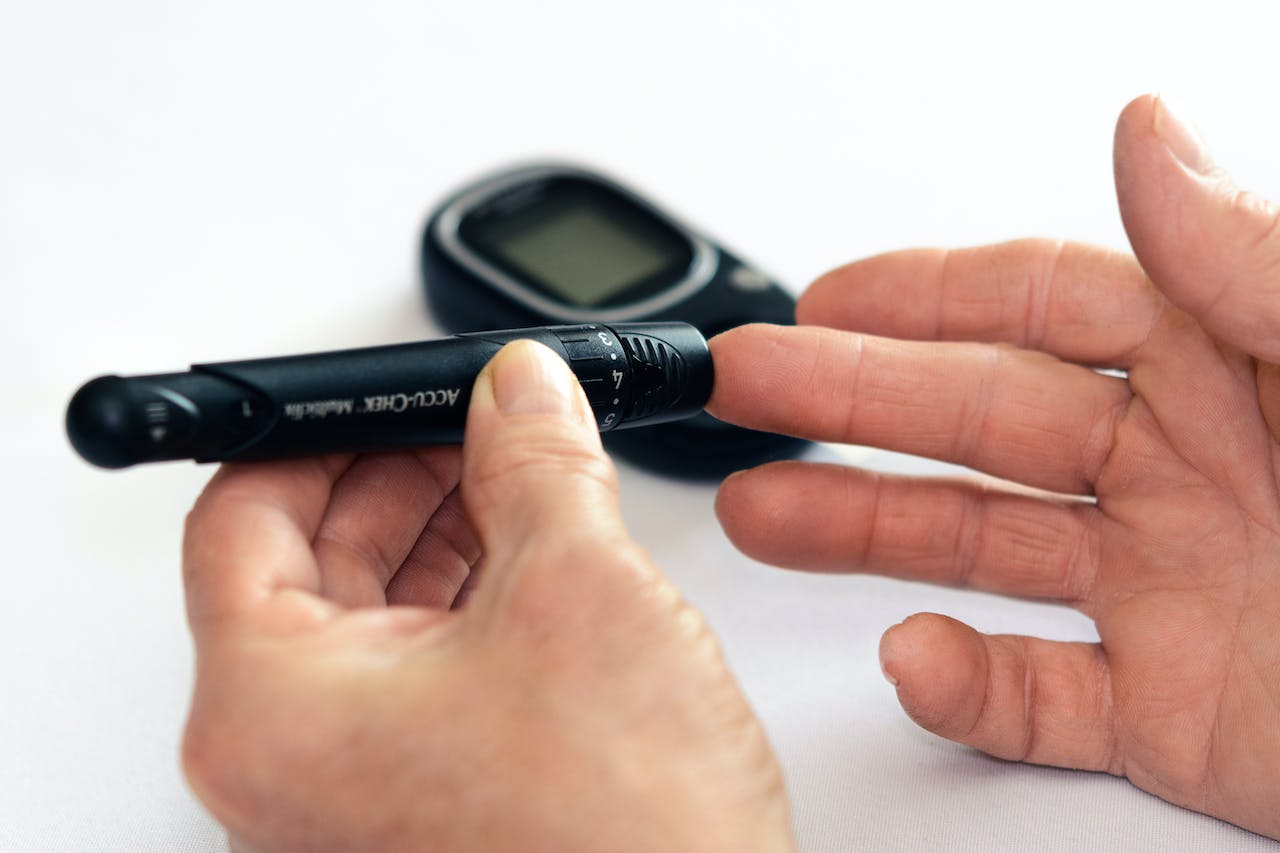
12 Jan How Does Diabetes Affect Your Mouth?
Diabetes is a chronic condition that affects millions of people worldwide. While it is commonly associated with complications like high blood sugar and insulin resistance, it can impact your dental health as well. In fact, problems like dry mouth and gum disease are often associated with diabetes. Understanding how diabetes affects your mouth can help you maintain a bright, healthy smile.
Four Ways Diabetes Can Affect Your Dental Health
1: Dry Mouth
Diabetes and even some of the medications used to treat the condition can decrease your saliva production. Insufficient saliva flow is a condition known as dry mouth or xerostomia. Without enough saliva to wash away food particles, neutralize acids, and remineralize your teeth, your mouth becomes more vulnerable to cavities, gum disease, and tooth loss.
Proper saliva flow is crucial for keeping your mouth clean and healthy. Your body uses saliva to wash away food particles, helping reduce bacteria and plaque buildup. Saliva also neutralizes the enamel-destroying acids produced by bacteria when they break down sugar and starch. And saliva contains essential minerals such as calcium and magnesium that help strengthen your tooth enamel.
2: Cavities
The high blood sugar levels that characterize diabetes can lead to glucose buildup in your saliva. The harmful bacteria in your mouth thrive on sugar, so this glucose buildup leads to faster plaque formation. Excessive plaque buildup means more of the bacteria-producing acids that wear down your enamel and cause cavities. And when plaque buildup is combined with dry mouth, your teeth become especially vulnerable. Without treatment, cavities only grow larger and can lead to infections if the bacteria reach the inside of the tooth.
3: Gum Disease
Acid attacks from plaque also irritate the gums, leading to an infection known as periodontal (gum) disease. Gum disease can be especially dangerous for people with diabetes. The infectious bacteria that cause gum disease can enter the bloodstream, increasing blood sugar levels and making diabetes more difficult to control.
Gum disease has several stages, but only the first—gingivitis—is reversible. Once the infection advances past this stage, it cannot be reversed and the symptoms become more severe. It can cause receding gums, pockets of pus between the gums and teeth, and even tooth loss. Dry mouth and high blood sugar levels increase the risk of gum disease progressing to more advanced stages. But at any stage, gum disease requires immediate intervention.
4: Tooth Loss
Both cavities and gum disease can lead to tooth loss if left untreated. Tooth decay can cause infections that affect the bone and tissue supporting the tooth. The same can happen with gum disease—in fact, gum disease is the leading cause of tooth loss in adults. And because diabetes increases the risk of both cavities and gum disease, the risk of tooth loss also goes up.
Protect Your Teeth with Regular Checkups
Diabetes can wreak havoc on your mouth simply by affecting your saliva. While routine dental care is crucial for everyone, it’s especially important for people with diabetes. At Dr. Saba and Associates, we provide comprehensive preventive dental care for adults in the Sun Lakes community. We can spot the early signs of gum disease and other oral health issues, and provide treatments that stop them in their tracks. If you’re due for an exam, call us at 480-895-2111 today to schedule an appointment.
Images used under creative commons license – commercial use (1/12/2024). Photo by PhotoMIX Company on Pexels



